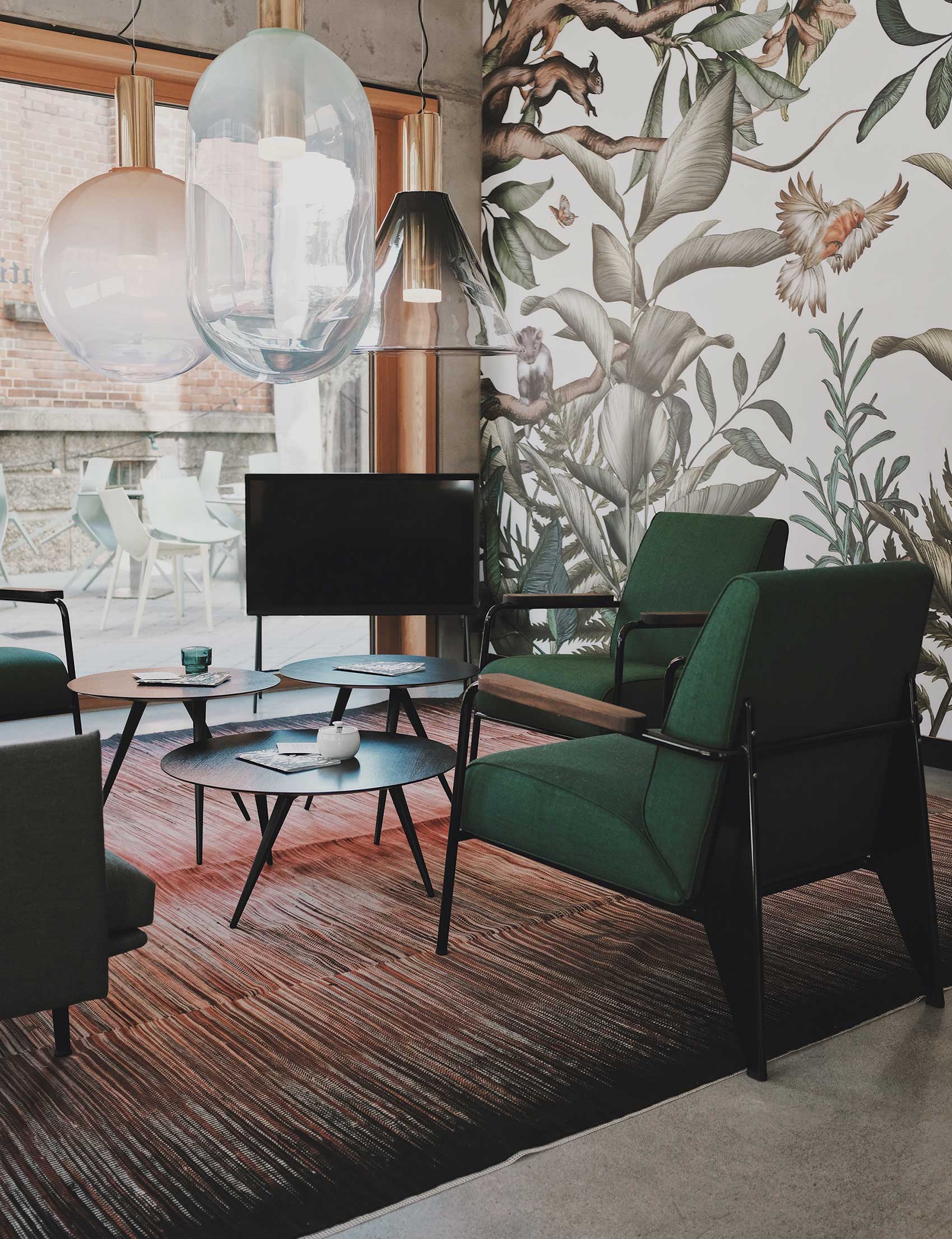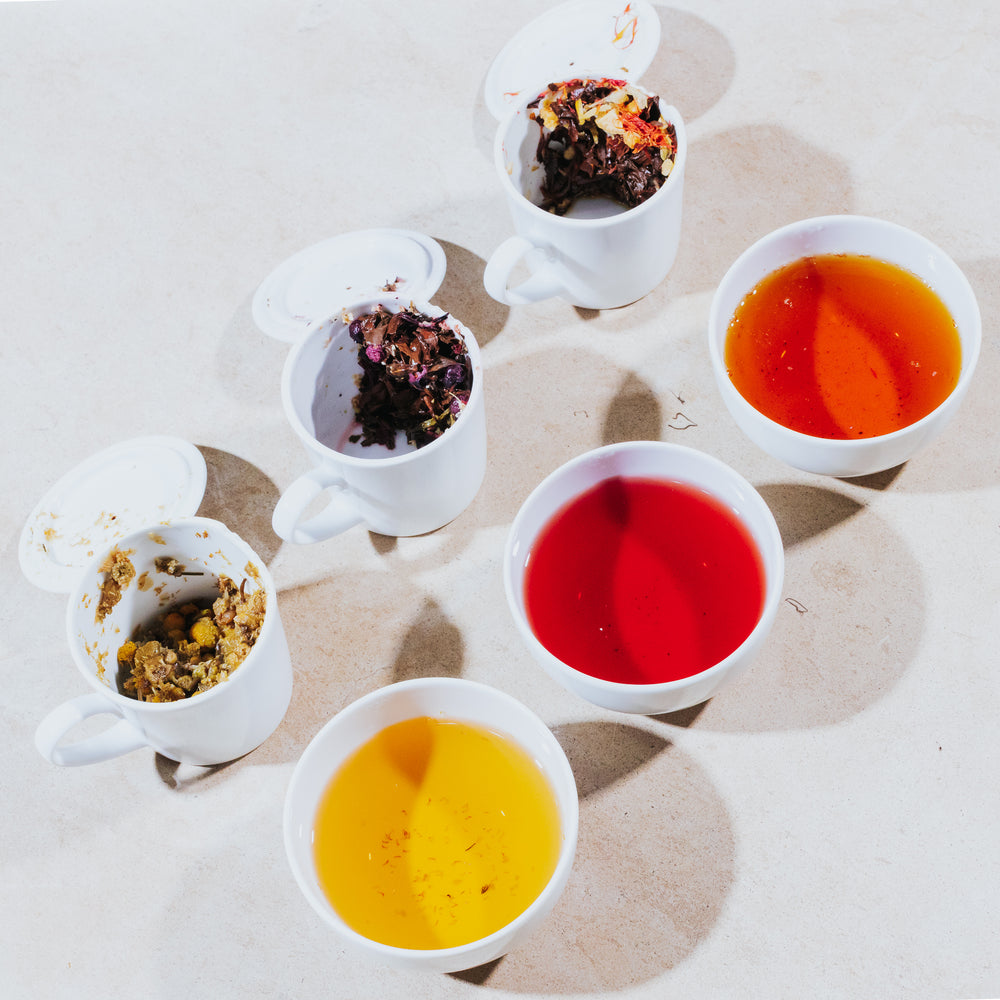Farewell to Tea Sip
After much deliberation, I’ve made the difficult decision to close Tea Sip and bring this amazing chapter to its end.
To our amazing customers, thank you for all the tea love, support, and conversations over the years; it has truly been an honor blending up teas that fill your cups.
To my employees present and past, thank you for all your hard work and dedication to our fun and weird little slice of tea heaven; from front-of-house to back-of-house, you are Tea Sip, and the reason Tea Sip was so amazing.
To my friends and family, thank you for all your love, support, and patience; one of you was always near when I needed a shoulder, an ear, or a cheer.
To my investors, thank you for believing in this dream. I know we are proud of what we accomplished during very trying times. I could not have done any of this without you and I am forever grateful.
To my husband, thank you for loving this crazy entrepreneur. You are not just my rock, you are my boulder.
Thank you for allowing our special brand and teas into your hearts and homes.
Happy sipping,
Jess


